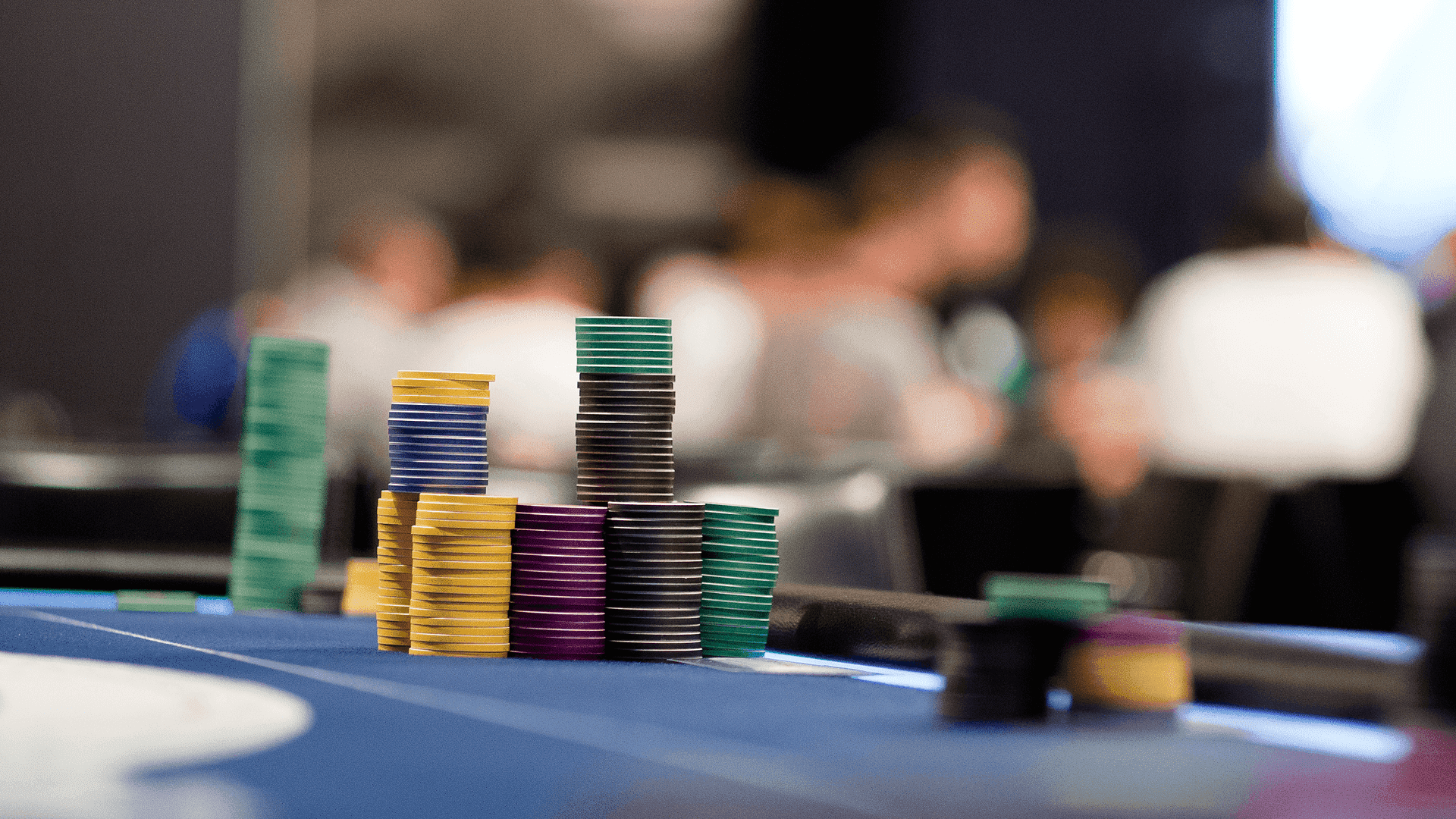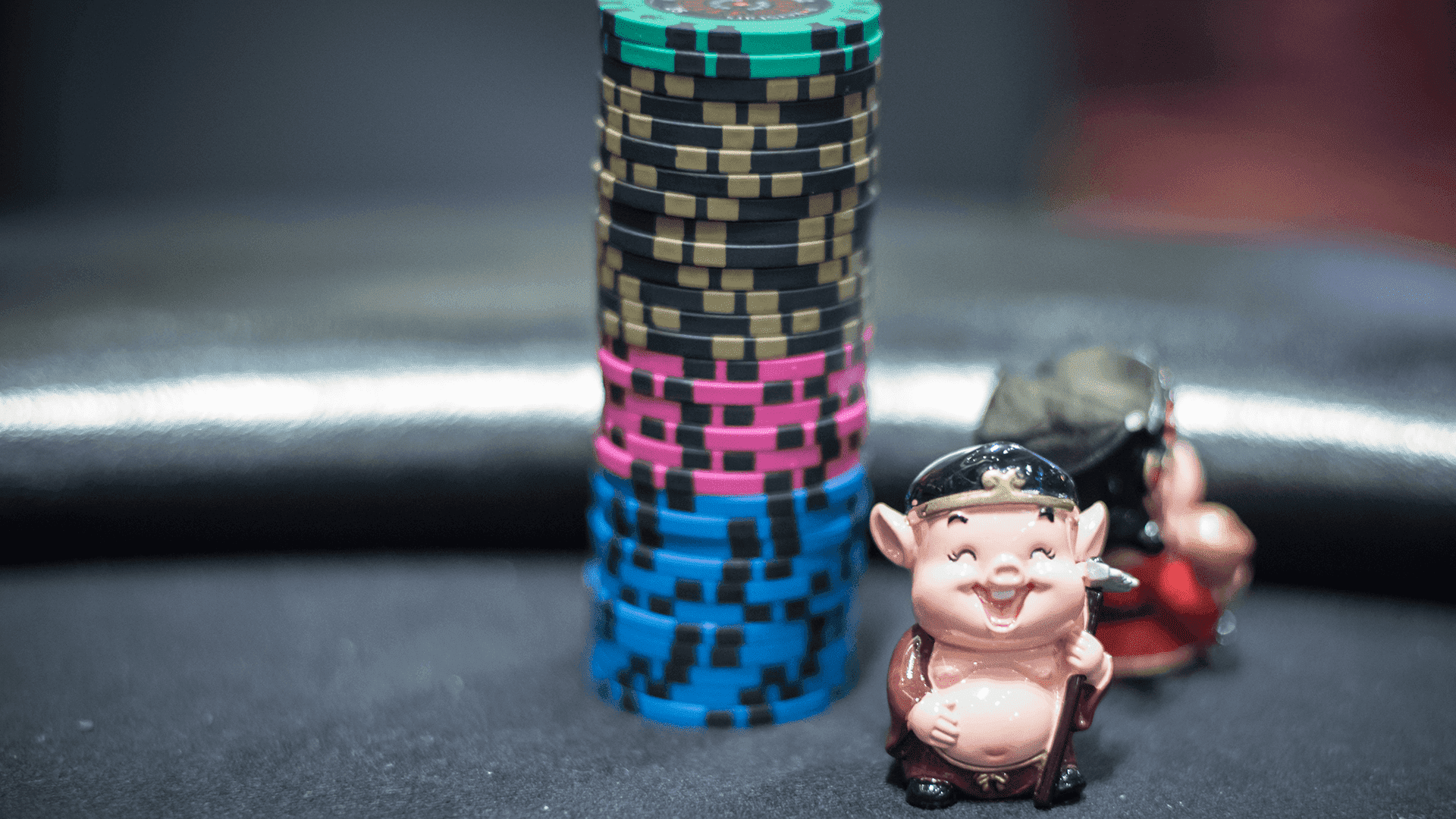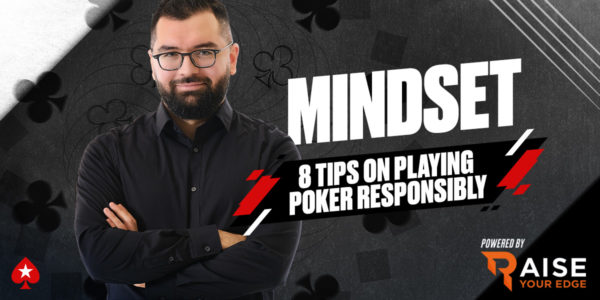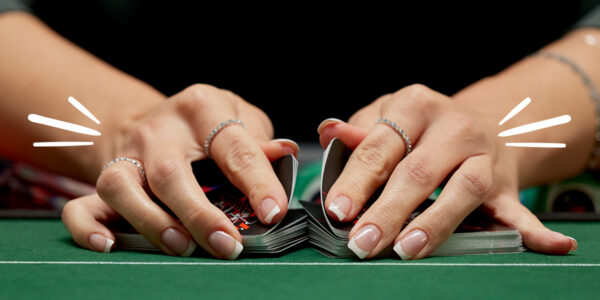10 Tips for Handling Poker Variance
Poker variance is rough. The reason that the short-term luck element in poker troubles us so much is that, in real life, we are not used to such volatility. Trying to adapt to the idea of doing everything right some days and being mercilessly punished takes time and practice. Here are some tips to help you whether the storm of variance and emerge out the other side with your mental game intact.
1. Play Shorter Sessions
Students who play for four hours without a break end up frayed and jaded very quickly. The human capacity to handle high amounts of luck is finite. Coping with swings, be they positive or negative, generates high levels of emotion and uses up willpower. After an hour or two of playing poker, the human mind’s capacity to cope with variance decreases as it becomes tired, using up energy in the form of self-control. Do not make it easier to tilt during swingy sessions by prolonging the session beyond the point where you can control your reactions. Long poker binges are quite unnecessary in most formats of the game so take a break every hour and reset. Get some time away from the screen and keep your determination high to survive in more turbulent poker times.

2. Stop Checking Results
There is nothing more destructive to a poker player’s ability to focus than constantly checking your bankroll to investigate the effects of that last big losing hand. This is a sure-fire way to become obsessed with outcomes and blind to the decisions that led to them. Solid poker is all about making better choices than your opponents, over and over again. Results are not only irrelevant in the short-term, but they warp your sense of progress, as you convince yourself that being up or down X amount is the important thing, meanwhile neglecting the quality of your play. Obsessing over results is a dangerous habit to form and a tricky one to undo. Try not to look at your bankroll anymore than once per week and focus on what matters – your decisions.
3. Play Within your Bankroll
Bad bankroll management is another way to make variance worse. Taking a shot at a higher game due to frustration and the urge to chase losses is very likely to result in you busting your roll. Try to have 50 buy-ins available for the next stake before moving up in cash games or SNGs. In MTTs, try to have 100-150 buy-ins available for your current stake as the variance is greater due to larger field size.
4. Take Ownerships of your Mental Game Problems
The fact that you tilt is not down to bad variance but your reaction to it. Try to write out your three biggest forms of tilt. For each, note down what the tilt feels like, what causes it, and then why this response is undesired and irrational. Finally, note down some things you can say to yourself in game to explain away these irrational unwanted emotions and to make sense of variance in a way that is more palatable.
5. Avoid Break Even Large Investments
Imagine that someone shoves on the flop for 10x the pot and you are considering calling with the second nut flush draw and two overcards. You estimate your likely equity to be a bit worse than 50%, which is also about how much equity you would need to break even on a call. This is a call that you really do not need to make. Gambling an entire stack for no long-term profit is something that you should avoid in order to decrease the variance of the game.
6. Run it Twice
Running it twice means setting the PokerStars client to deal out two versions of the remaining cards whenever two or more players are all-in. This results in a split pot whenever each player wins one on one board and reduces the volatility of all-in situations. Note that you can only run it twice when all-in with an opponent who also has this setting ticked. To enable running it twice and for a fuller explanation of the rules simply go to Settings >> Gameplay >> Run it Twice in the PokerStars client.

7. Get Better at Poker
The better you are at the game, the bigger your win-rate. The bigger your win-rate, the lower your variance as your edge gives you a higher chance of having a winning session each and every time you play. Getting better at poker will not just reduce your variance, but it will allow you to cope with it better by instilling more confidence in your game. Players who become more skilled than their opponents develop a deep sense of calm from knowing that their decisions are solid even if the results suggest otherwise. Poker will sometimes reward bad plays and punish good ones; knowing that you are playing well when running bad helps tremendously.
8. Understand that Winning is Not Succeeding
Winning, in the short-term at least, is always at partially the result of good luck. Having a winning session, day or week does not mean that you have made a breakthrough. You might feel like everything is clicking into place and that you are finally getting what you deserve from the gods of variance, but most likely, this upswing will be short-lived. There will be a deviation towards the average amount of variance in the near future, meaning that you will run bad again soon enough. Players who always credit winning to progress will get very frustrated in the long-term when their fortunes turn around. Succeeding in poker is getting better at the game, improving your mental game, and getting into a good routine that helps you grow as a player. Winning is just something that happens some days; do not let it become your goal every time you sit down to play. Whether you win today or not is completely out of your hands.
9. Understand that Losing is Not Failing
Just as winning is not succeeding, losing is not failing. Many players are losing players for months or even years before their game becomes strong enough to win. What I tell these students is that they are in the ‘development phase’ not the ‘money earning phase’ of their poker careers. It might be that a student loses some money every month for six months when he first starts out before finally becoming a break-even player. Does this mean that he has failed thus far? No, he has actually progressed from a losing player and will soon become a winner if he keeps working hard. To me that constitutes succeeding. Becoming proficient at poker takes time. Do not lose patience or assume you have failed due to your results so far. You are supposed to lose at first.
10. Don’t Take it Personally
Players who form vendettas against specific opponents and are quick to seek revenge are almost always catastrophic losers. Their mental-game in very poor shape and their instinct to take it out on the opponent who just beat them is one of the most self-destructive things in the game. Try see losses as an inevitable part of the game regardless of whether they were standard coolers or suck-outs caused by an opponent’s dubious play. Be gracious in defeat as much as possible and you will find that you have far fewer toxic thoughts and emotions. This will help you deal better with the inevitable variance of the game.
Condimentum Nibh
Donec sed odio dui. Cras mattis consectetur purus sit amet fermentum. Vestibulum id ligula porta felis euismod semper. Curabitur blandit tempus porttitor.












